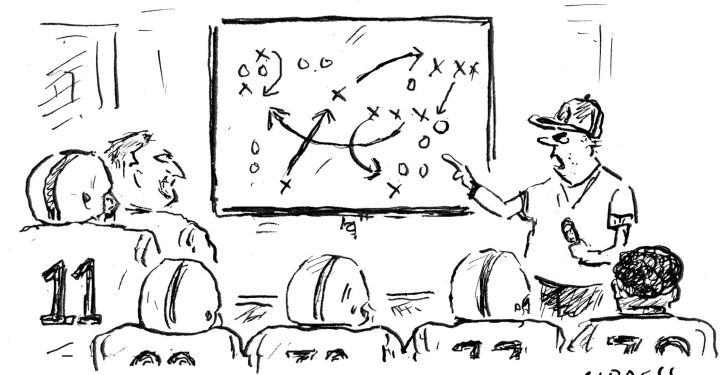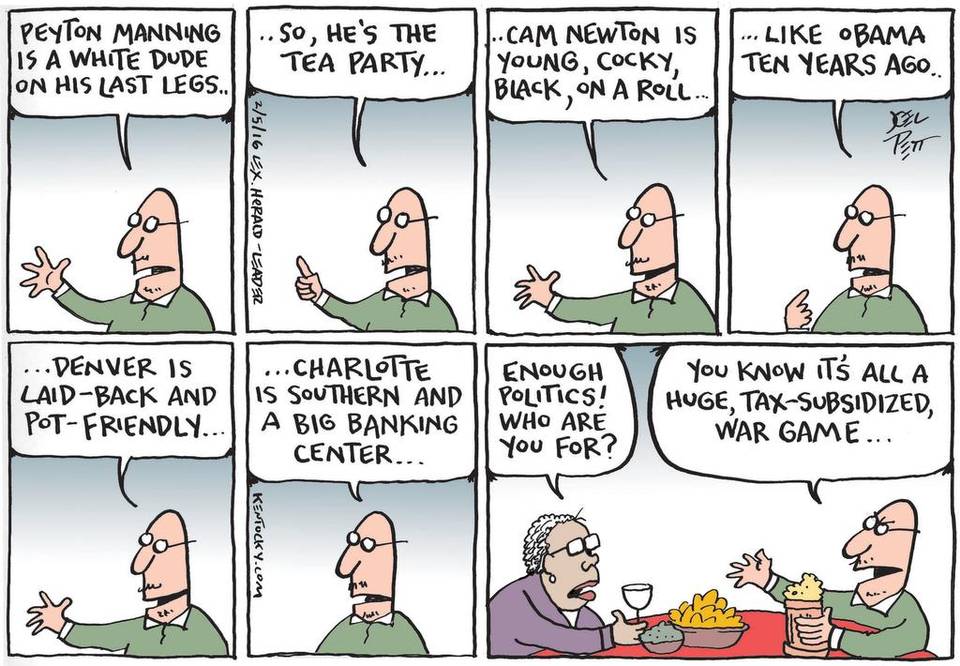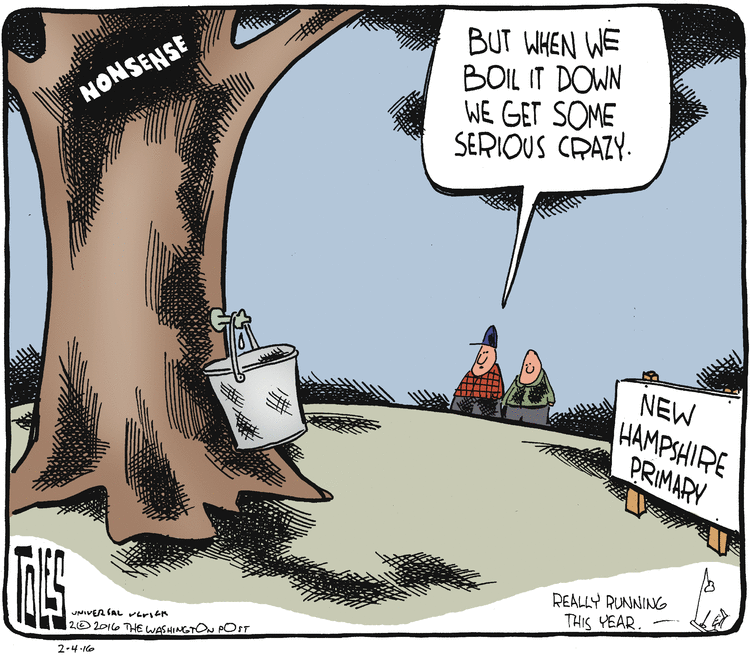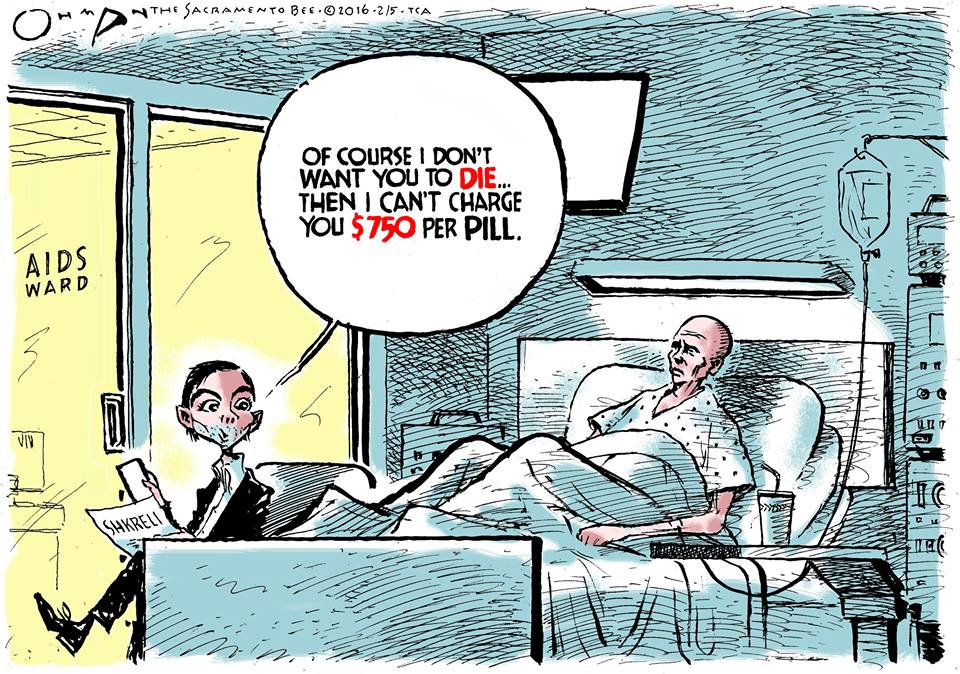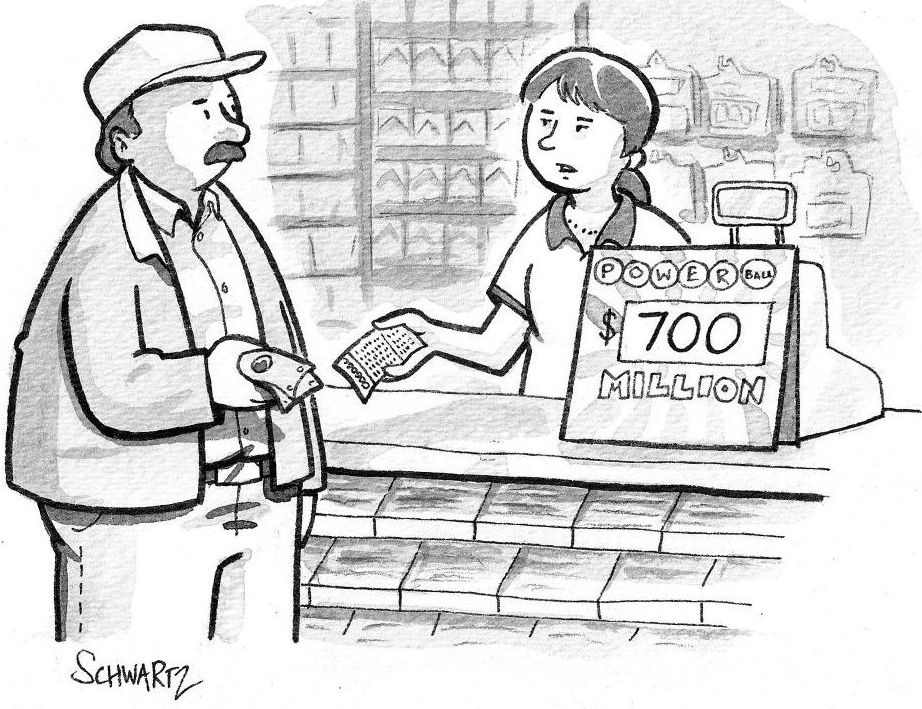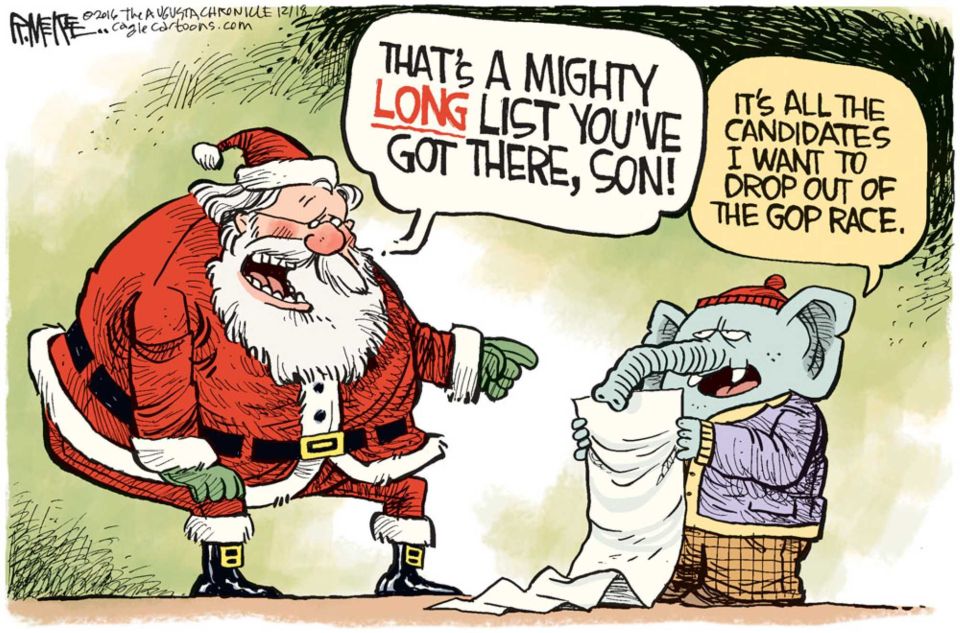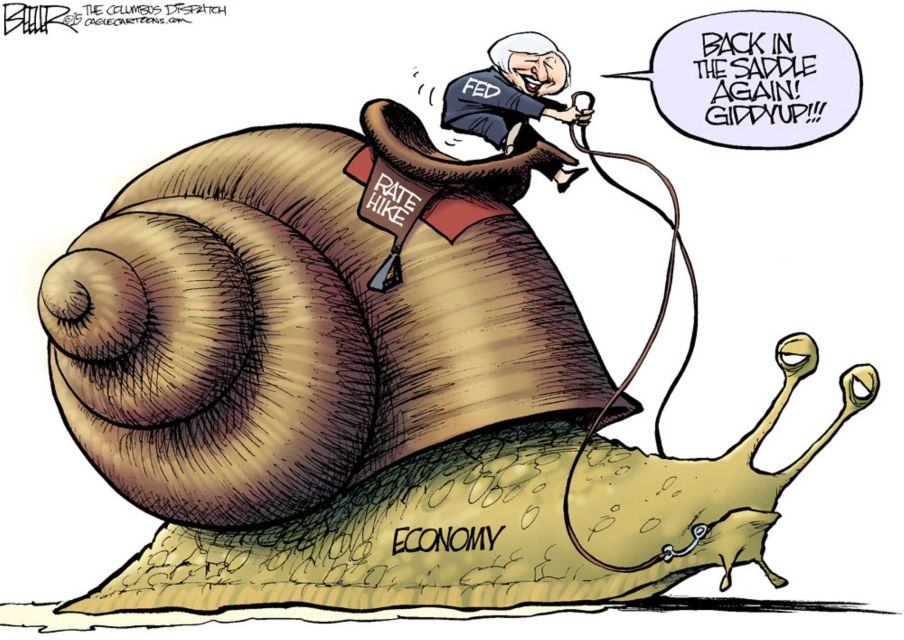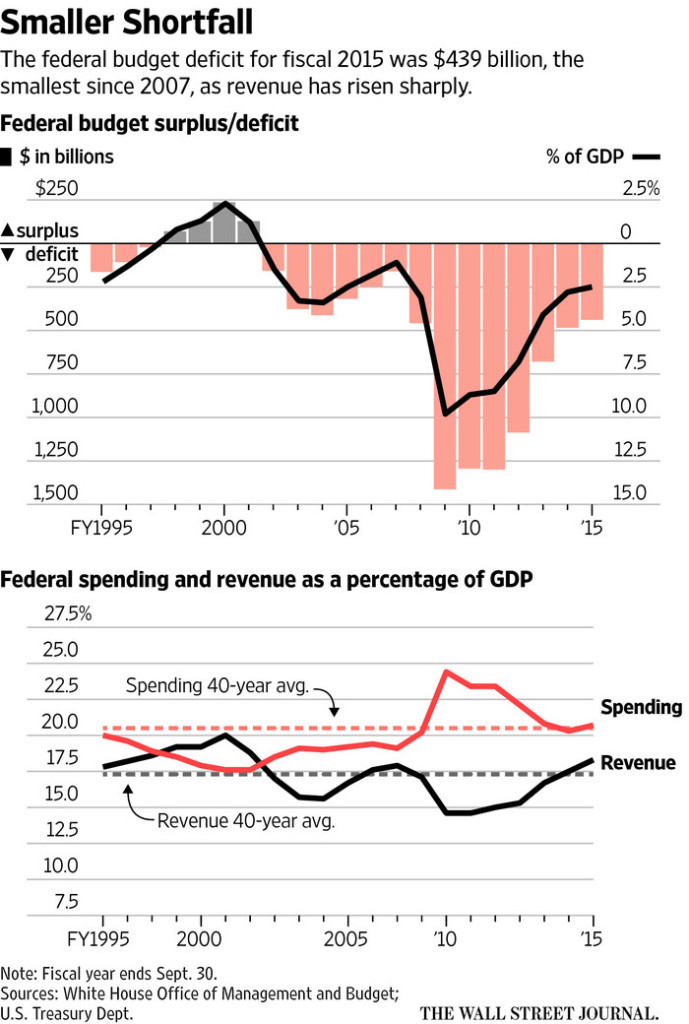An important survey by Pew released this week says that Republicans are looking for “New Ideas”: (emphasis by the Wrongologist)
Since March, the share of all registered voters who say it is more important for a presidential candidate to have “new ideas and a different approach” has surged – with virtually all of the increase coming among Republican and Republican-leaning voters. Today, by more than two-to-one (65% to 29%), Republican and Republican-leaning registered voters say it is more important that a candidate have new ideas than “experience and a proven record.”
(The survey was conducted on Sept. 22-27 among 1,502 adults, including 1,136 registered voters.)
Pew reports that Democrats have less interest in new ideas: 50% say it is more important for a candidate to have experience and a proven record, while 42% view new ideas and a different approach as more important. This is little changed from March (46% experience, 49% new ideas).
And Pew reports that Hillary has a bigger lead over Sanders than other polls show. Their poll includes Biden:
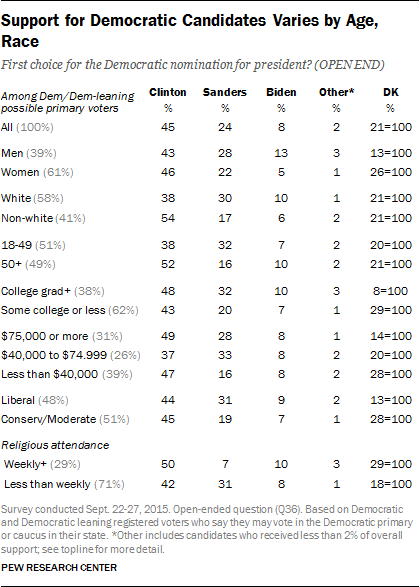 This is a very different result from other polls which tend to show Sanders just a few points behind Clinton, (at least in New Hampshire) and which say that Biden hurts Clinton enough to open a path to the nomination for Sanders, should Biden enter the race.
This is a very different result from other polls which tend to show Sanders just a few points behind Clinton, (at least in New Hampshire) and which say that Biden hurts Clinton enough to open a path to the nomination for Sanders, should Biden enter the race.
But despite the Pew results, many Democrats think 2016 looks grim. Here is the Denver Post reporting that Colorado’s Democratic Governor John Hickenlooper used those exact words:
Gov. John Hickenlooper on Thursday became the latest Hillary Clinton supporter to express doubt about her candidacy for president, telling a Denver audience that the 2016 election is ‘kind of grim, to be blunt’.
The Denver Post also quoted former Democratic Gov. Dick Lamm, who (speaking about the email issue) said he believes:
There’s a one in three chance that if something worse does happen, that will cost her the nomination.
From 30,000 feet, the presidential race includes Hillary, a person many people don’t trust, who seems to lack the vision thing, and Bernie Sanders, who self-describes as a democratic socialist when he’s merely an FDR Democrat.
It just shows how ingrained the memes of the right are in our society, when a New Deal Democrat honestly believes that he is a Democratic Socialist.
Bernie should call himself an FDR Democrat, since he has to deal with corporate media in order to win. The Democratic Socialist label easily morphs into socialist, and then on to Marxist by our media elite. This means that intellectually lazy voters will misunderstand what Sanders is really about. Better for him to conflate his candidacy with a period of American economic recovery than for him to get twisted by the media echo chamber into a second coming of Lenin, or a Jewish Fidel.
And right now, Pew says that the Republican voters are more engaged in the process:
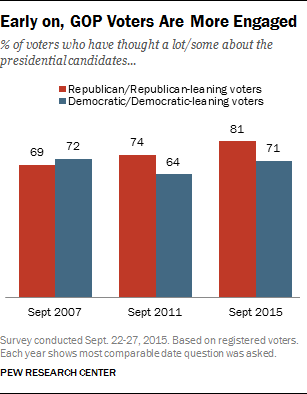 This shows that Dems are about as engaged as they were when Barak Obama was running against Hillary for the nomination, but Republican engagement has increased steadily since 2007.
This shows that Dems are about as engaged as they were when Barak Obama was running against Hillary for the nomination, but Republican engagement has increased steadily since 2007.
Considering that the Democratic base seems mostly on auto pilot, it could be a lot worse, particularly since the Democratic National Committee is headed by Debbie Wasserman Schultz, who gave us a Republican House and Senate.
The key question is which candidate can keep the Obama coalition together. Today, it seems to be Hillary:
• If Bernie is the candidate, money is going to be a huge problem and not just for him. How does the DNC raise money? How do other Democratic candidates raise money with Bernie running against the big money donors? It’s all well and good to rail against the campaign financing laws, but Senate and Congressional candidates have to raise money too.
• Can the Dems win the White House AND the Senate on $30 individual donations?
If Hillary is the candidate, the issue will be Hillary making the case that she won’t preside over a third Obama term. Or, the central issue in Hillary’s candidacy could be her husband Bill, and a third Clinton term.
The assumption by Democrats in the primary contests should be that Republicans will still control the House. Even with a Democratic win, neither Hillary nor Sanders would be able to get much of a domestic agenda passed.
Either way, 2016 will be a repeat, more or less, of 2012, with the significant addition of Iran, Russia, and ISIS on the foreign policy front. That may make 2016 more of a balanced issue election.
All Dems can reasonably expect from a presidential win in 2016 is Supreme Court nominations, holding on to the Obama gains, and pushing the country to return towards more economic equality than in the years since 2008.


